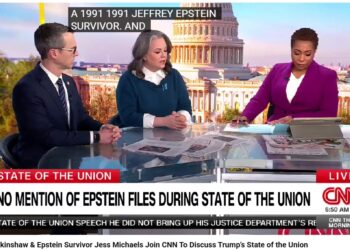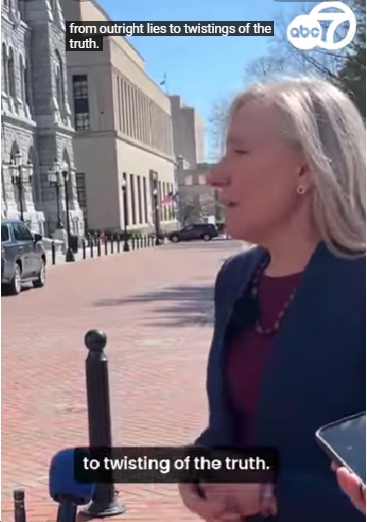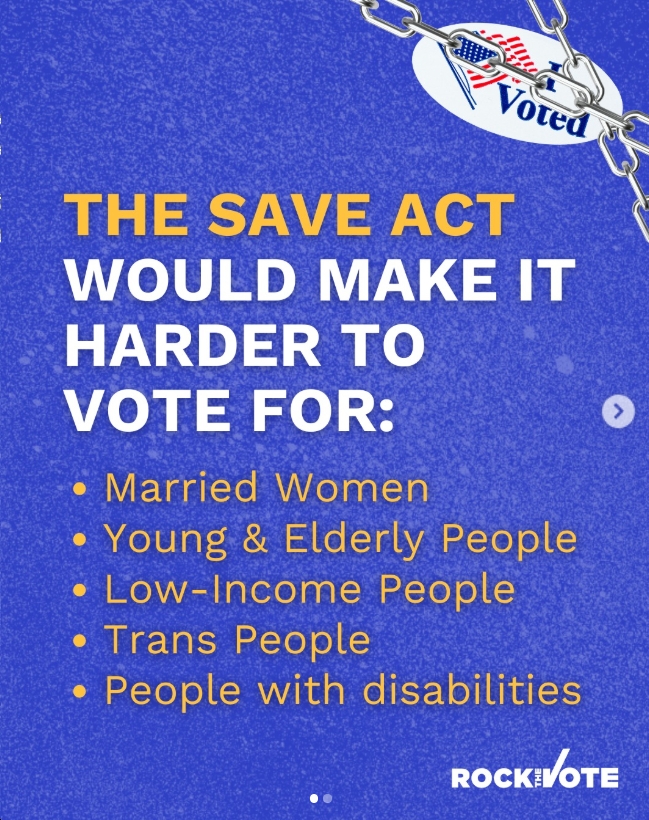With only 192 hours until polls open next Tuesday, CNU’s Wason Center for Public Policy is out with new Virginia polling this morning, which overall is very encouraging for Democrats. See below for the key findings, bolding added by me for emphasis.
- “This survey aggregates responses from voters in four competitive Virginia Senate races: SD 7 (Virginia Beach/Norfolk); SD 10 (Chesterfield/Richmond); SD 12
(Henrico/Hanover); and SD 13 (Loudoun/Prince William).” (Note: the Democratic candidates in those competitive Senate districts are Cheryl Turpin in SD7, Ghazala Hashmi in SD10, Debra Rodman in SD12 and John Bell in SD13). - “The results of this poll are based on 849 interviews of active, registered voters in Virginia including 419 on landline
and 430 on cell phone, conducted October 1-20, 2019.” (Note: The polling is pretty recent, albeit over several weeks. Also, it’s good to see a mix of landlines and cell phones.) - The poll’s demographics are: 70% White/18% African American/12% Other; 34% Dem/29% R/30% I; 52% female/48% male; 43% age 55+/20% age 45-54/18% age 35-44/13% age 25-34/6% age 18-24; 16% “High school or less”/38% “Some college”/24% College graduate”/20% “Graduate study or more.” (Notice that the electorate is fairly old and highly educated. The latter part probably favors Dems, while the former probably favors Republicans.)
- “Among all voters surveyed in four state Senate districts considered competitive by the partisan outcomes in the 2016 presidential election and 2017 gubernatorial election, Democrats show a 14-point “enthusiasm advantage” over Republicans, 63% to 49%. Among likely voters, the gap narrows to 11 points. However, Republicans are almost as likely to vote as Democrats, with 93% of Democrats reporting they will “definitely vote,” compared to 87% of Republicans.” (Note: as CNU Professor Rachel Bitecofer pointed out yesterday, “success or failure will come down to turnout” and “Ds need to find a way to juice up interest in their closing argument or risk falling short…Bringing in @BarackObama or even @MichelleObama seems like the logical approach”)
- “Among likely voters in those districts, Democrats lead Republicans by 14 points on the generic ballot, 51% to 37%. And by 13 points (51% to 38%), those voters prefer that Democrats control the General Assembly after the Nov. 5 election. These advantages increase under our most stringent likely voter model, increasing to 17 points for both questions (53% to 36%).” (Note: This bodes very well, but again, it will only happen if Democratic voters turn out in large numbers on 11/5.)
- “Some of the Democrats’ advantages among likely voters come from Independents, who prefer Democratic candidates for the state Senate by 13 points (45% to 32%) and prefer that Democrats take control of the General Assembly by 9 points (45% to 36%).” (Note: Good!)
- “Asked about the impeachment inquiry into President Trump, 55% of all voters surveyed in these Virginia Senate districts say that opening the impeachment inquiry over his actions involving Ukraine was ‘the right thing to do.’ This includes support from 11% of Republicans, 56% of Independents, and 91% of Democrats. 68% of self-identified ‘moderates’ also agree.” (Note: This election should be, at least in part, a referendum on the highly unpopular Trump.)
- “Reflecting the nationalized context of these state elections, 59% of voters say they would be less likely to vote for a Virginia Senate candidate who supports President Trump and 54% say they would be more likely to vote for a candidate who supports impeaching Trump.” (Note: Ditto to the previous comment; it’s really a “no brainer” to make this about Trump as much as possible.)
- On the issues, voters were MORE LIKELY to vote for a candidate if they: a) are in favor of ” legislation requiring all gun sales in the state be subject to background checks” (56% “Strongly more” likely vs. only 12% “Strongly less” likely); b) are in favor of “legislation that would institute a ban on assault weapons in Virginia” (48% “Strongly more” likely vs. only 23% “Strongly less” likely); c) are in favor of “raising the minimum wage in Virginia to $15 over several years” (39% “Strongly more” likely vs. just 19% “Strongly less” likely); d) are in favor of Medicaid expansion (37% “Strongly more” likely and 31% “Somewhat more” likely vs. just 15% “Strongly less” likely and 10% “Somewhat less” likely); e) are in favor of ratifying the ERA (59% “Strongly more” likely and 18% “Somewhat more” likely vs. just 7% “Strongly less” likely and 6% “Somewhat less” likely).
- In contrast, voters were LESS LIKELY to vote for a candidate if they: a) back “legislation that makes abortion illegal in all cases aside from cases involving the health of the mother” (48% “Strongly less” vs. just 20% “Strongly more”); b) back “changing the U.S. healthcare system to a single payer system modeled after Medicare” (34% “Strongly less” vs. just 17% “Strongly more”); c) back “limiting LEGAL immigration into the country” (35% “Strongly less” vs. just 17% “Strongly more”).
- By a 54%-38% margin, voters say they’d be more likely to back a candidate who “supports impeaching President Trump.” Yet again, evidence that making this election a referendum on Trump would be a great move for Democrats.
- In contrast, nearly half (49%) of voters say they’d be “Strongly less” likely to back a candidate who “Supports President Trump,” with only 21% saying they’d be “Strongly more” likely to vote for a Trump-supporting candidate. No wonder why Virginia Republicans aren’t clamoring to bring Trump to campaign for them in the closing days of this election. LOL


















